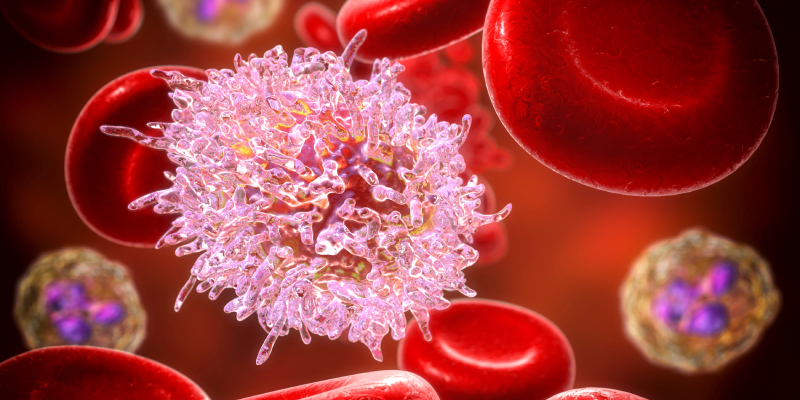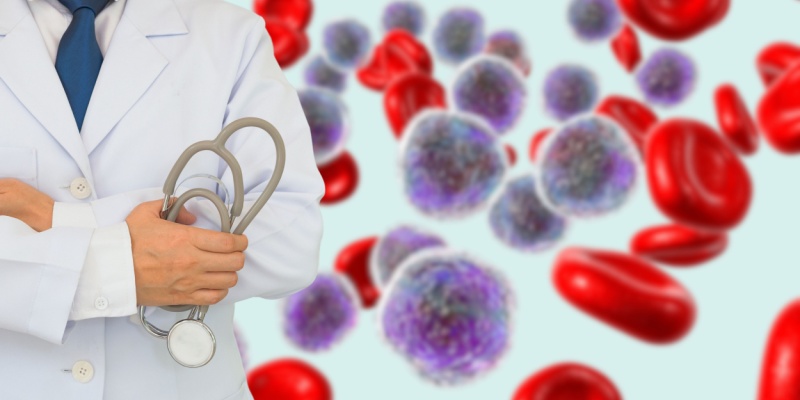
Vemurafenib retreatment may be a “safe and effective option” for patients with relapsed/refractory hairy cell leukemia, according to results from a phase II trial.
Shivani Handa, MD, of the Icahn School of Medicine at Mount Sinai, and colleagues conducted the research and published the study’s results in Blood.
Dr. Handa and colleagues conducted the research because vemurafenib, an oral BRAF inhibitor, has “demonstrated high response rates” in patients with relapsed/refractory hairy cell leukemia, but “little is known about long-term outcomes and response to retreatment.”
The study included 36 patients with relapsed/refractory hairy cell leukemia who received vemurafenib in the United States arm of a phase II clinical trial.
The best overall response rate was 86%, with 33% of patients having a complete response and 53% of patients having a partial response.
However, most responders (68%) experienced relapse after a median follow-up of 40 months, with a median relapse-free survival of 19 months. There was no significant difference in the relapse-free survival time between patients with a complete response and those with a partial response.
Most of the patients who relapsed (67%) were retreated with vemurafenib, with 86% of those patients achieving a complete hematologic response. However, two of the 21 patients who relapsed and were retreated acquired resistance to vemurafenib, as a new KRAS mutation emerged in one patient, and a new CDKN2A mutation arose in the other patient. Of the patients who responded to retreatment, half experienced another relapse, with a median relapse-free survival of 12.7 months.
The four-year overall survival rate was 82% but was significantly shorter in patients who relapsed within one year of initial vemurafenib treatment.
“Higher cumulative doses or a longer duration of treatment did not lengthen the durability of response,” Dr. Handa and colleagues wrote.
All adverse events in patients who were retreated were grade 1 or grade 2, with the exception of one grade 3 rash and one grade 3 fever/pneumonia.
“Our data suggest that vemurafenib retreatment is a safe and effective option for patients with [relapsed/refractory hairy cell leukemia],” Dr. Handa and colleagues concluded.
Reference
Handa S, Lee JO, Derkach A, et al. Long-term outcomes in patients with relapsed or refractory hairy cell leukemia treated with vemurafenib monotherapy. Blood. 2022;140(25):2663-2671.






 © 2025 Mashup Media, LLC, a Formedics Property. All Rights Reserved.
© 2025 Mashup Media, LLC, a Formedics Property. All Rights Reserved.